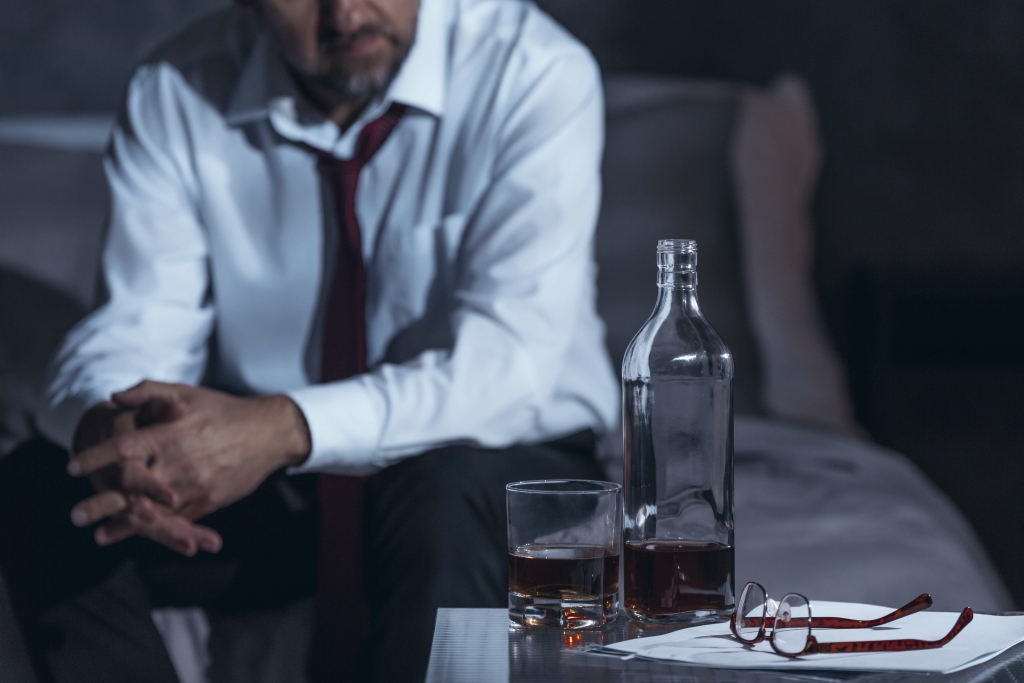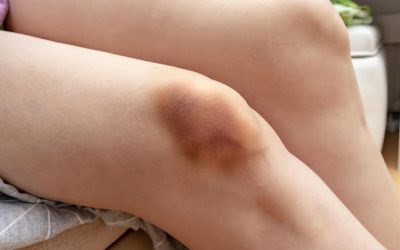Since Lexapro and alcohol have https://gettags.info/h-cirquedusoleil/ sedative properties, using them together can cause severe impairment of coordination and judgment. Consequently, a user may be at an increased risk of engaging in activities that cause them injury without realizing it. Always consult with your doctor beforehand to see whether drinking while taking Lexapro is safe for you.
- Similarly, topiramate and naltrexone were evaluated for percent of subjects with no heavy drinking days (PSNHDDs) in two large alcohol clinical trials, namely COMBINE and a multi-site topiramate trial.
- Following are some symptoms that you can assess in yourself or a loved one suspected to have developed a habit.
- Currently, there are 105 ongoing clinical trials that are recruiting for the studies around the world and 75 of them are in the United States at the time of writing this review article (clinicaltrials.gov).
- Lexapro is often prescribed as part of a comprehensive treatment plan that may include therapy, lifestyle changes, and other medications.
- Medications used to treat insomnia or help you fall and stay asleep should never be mixed with alcohol.
How To Stop Gambling Addiction

If yes, we’ll connect you right to a clinician who can prescribe medication and have it shipped right to your door. K Health has clinicians standing by 24/7 to evaluate your symptoms and determine if Lexapro is right for you. But if depression is interfering with your daily life, make https://newhomeeasy.com/home-ideas/page/2 an appointment to see your doctor. These side effects often begin to subside after the first two weeks of taking Lexapro.
Is It Safe to Take Lexapro with Alcohol?
How alcohol affects your depression and anxiety symptoms may depend on how much you drink and your individual response to it. Some healthcare providers may advise you to keep your drinking to a moderate level. “Moderate” drinking refers to one or two drinks per day, according to the Dietary Guidelines for Americans. One drink equals 12 ounces of beer, 5 ounces of wine, 1 ounce of 80-proof whiskey, or 1 ounce of 100-proof spirits. Therefore, healthcare providers generally advise not to mix the two, even in small amounts. Transcend Recovery Community family of sober living homes provides a safe place for those undergoing mental health and addiction treatment to live with like-minded peers.
Long-Term Effects

Here’s https://newsplaces.net/table-miniature-machines-and-models-of-cars-in-a.html what you need to know about SSRIs and alcohol, why it can be dangerous, and why mixing alcohol and Lexapro might be a sign of an underlying addiction or substance use disorder. It’s in your best interest to abstain from or minimize alcohol intake when you take Lexapro, says Figueroa. This can lead to difficulty completing certain tasks, and can be extremely risky. “Given the additive effects alcohol and Lexapro can have on coordination, consuming both could potentially lead to dangers when operating a motor vehicle or heavy machinery,” says Poulakos. This comprehensive guide provides effective prevention and treatment strategies for diabetes, focusing on lifestyle changes, medication, and long-term management to improve quality of life.
- 1 Despite being one of the safest medications for depression, users must practice certain precautions to minimize its side effects.
- While this effect was observed only 6 hours after treatment in ND rats, it was long lasting in PD rats (at least 30 hours after injection).
- Direct injection of OT into the brain ventricles reduced alcohol consumption and alcohol-induced dopamine efflux in the NAc in rats (Peters et al., 2017).

The combination of ondansetron (4 μg/kg twice a day) and naltrexone (25 mg twice a day) may be effective in treating early AUD (Correa-Filho et al., 2013). Han et al, reported that the combination of Escitalopram (a selective SSRI) with ARI improved depressive symptoms and reduced craving for alcohol and cue-induced brain activity in patients with co-morbid alcohol dependence and major depressive disorder (MDD). Thirty five subjects with co-morbid alcohol dependence and MDD were recruited in this study and divided into two groups. One received AR I+ escitalopram (ARI 5–15mg + escitalopram 10–20mg/day for 6 weeks) and other escitalopram alone. Both escitalopram alone and ARI + escitalopram group were shown to reduce Beck Depression Inventory and clinical global index-severity (CGI-S) scores, however, reduced alcohol craving in ARI + escitalopram group.
Cholesterol Medications
- Alcohol can make some medications less effective by interfering with how they are absorbed in the digestive tract.
- Furthermore, combining Lexapro and alcohol can have unpredictable effects on an individual’s mental state.
- If you experience any long-term side effects from mixing alcohol and Lexapro, you should contact your healthcare provider immediately to avoid further complications.
- The substance doesn’t necessarily matter, but easy access to alcohol in our culture can make it one of the easiest drugs to get addicted to.
These findings suggest that the effects of ARI on anterior cingulate cortex might mediate the successful treatment of alcohol dependence in patients with MDD (Han et al., 2013). Myrick et al, evaluated the effects of aripiprazole on alcohol cue-induced brain activation and drinking in alcoholics. 30 subjects with no-treatment seeking alcoholics were URN randomized (biased-coin approach) into control and treatment groups and given 15mg/day for 14 days. These results suggest that aripiprazole attenuates heavy drinking mediated by cue-induced brain activation and voluntary drinking (Myrick et al., 2010). Other agonists of PPARα are oleoylethanolamide (OEA), palmitoylethanolamide (PEA), clofibrate, gemfibrozil; WY14643, and MK886 as an antagonist reported to decrease voluntary ethanol consumption (Le Foll et al., 2014). On the other hand, PPARγ agonists such as pioglitazone, rosiglitazone and ciglitazone are known to reduce voluntary alcohol drinking (Le Foll et al., 2014).

